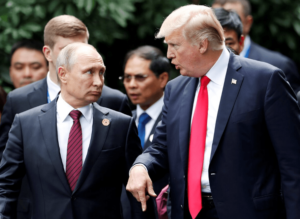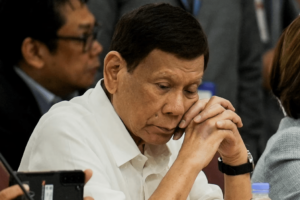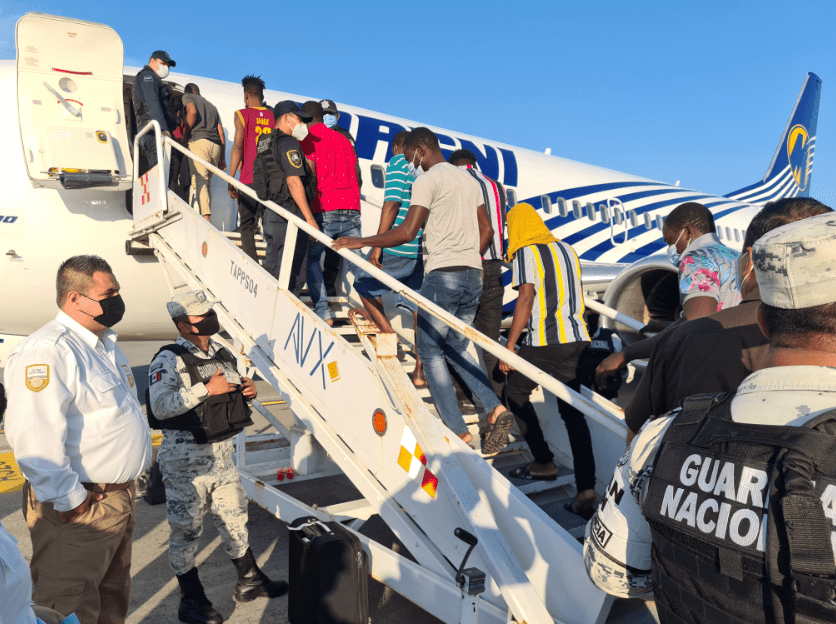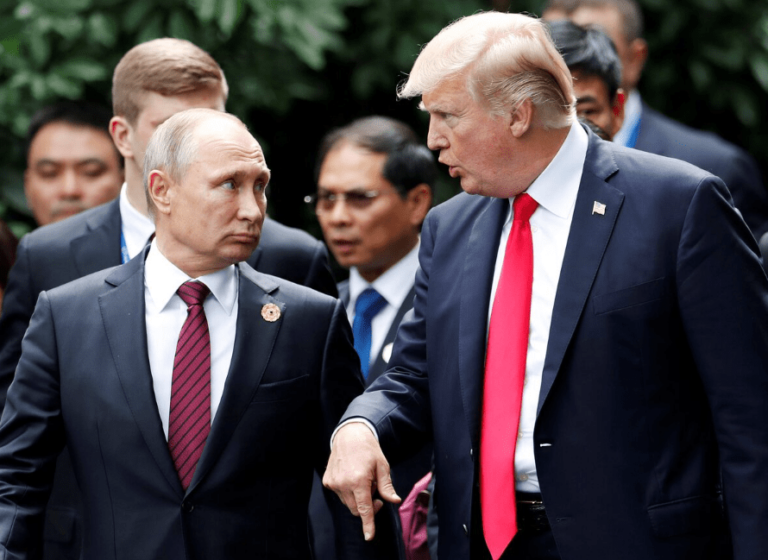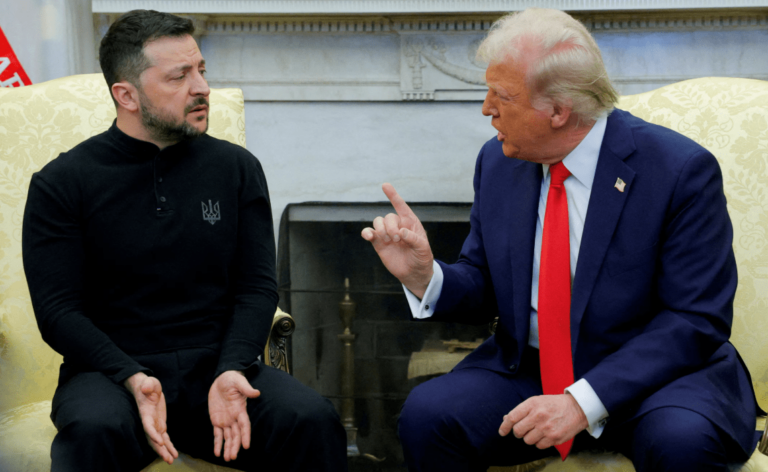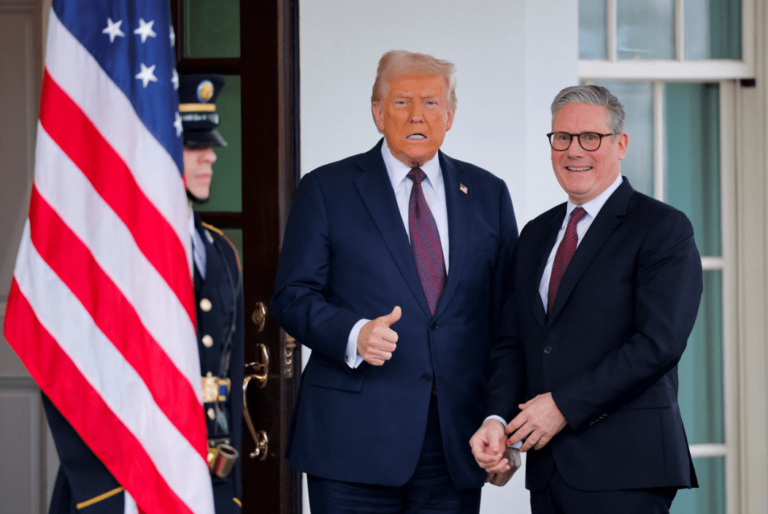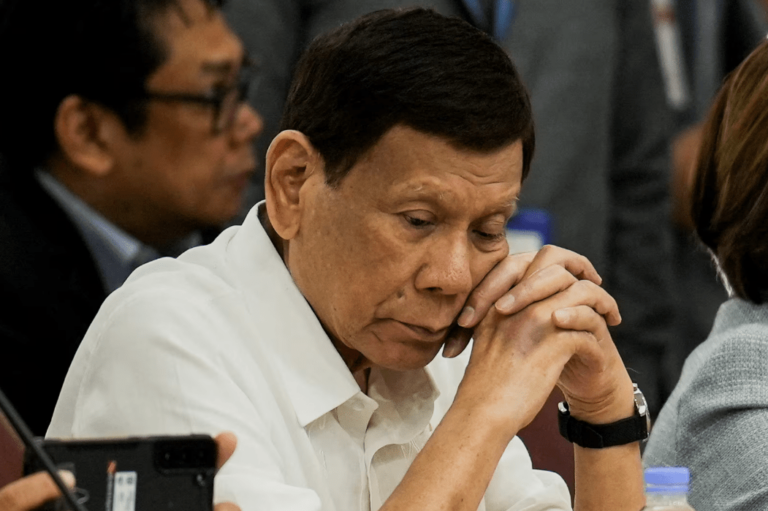Colombia has agreed to accept U.S. deportation flights, including those conducted by military aircraft, after President Gustavo Petro clashed with President Donald Trump over the issue. The decision came amid threats from the Trump administration to impose heavy tariffs on Colombian imports, a move that could have disrupted the long-standing economic relationship between the two nations.
The conflict began when Colombia blocked two U.S. military planes carrying deportees from landing, citing concerns about the treatment of migrants. In response, President Trump announced a series of potential penalties, including a 25% tariff on Colombian imports, with the rate doubling to 50% if the matter wasn’t resolved within a week. Other proposed measures included financial sanctions, travel bans for Colombian officials, and visa revocations.
President Petro initially pushed back, accusing the U.S. of violating migrant rights and imposing unjust policies. He also threatened retaliatory tariffs on U.S. goods. However, by Sunday evening, the Colombian government announced it had reached an agreement to allow the flights, ensuring that deportees would be treated with dignity upon arrival.
The White House welcomed Colombia’s reversal, stating that punitive measures would be held in reserve but not implemented immediately. However, some penalties, such as visa restrictions, would remain in place until the first deportation flight landed in Colombia.
Experts note that this incident underscores the complexities of U.S.-Latin America relations, particularly as Washington steps up efforts to deport undocumented migrants. Trade between the two nations is significant, with the U.S. being Colombia’s largest trading partner. In 2022, bilateral trade totaled $53.5 billion, with Colombian exports like coffee, crude oil, and flowers playing a crucial role.
“This situation was a high-stakes standoff,” said a Latin America analyst, highlighting the economic reliance of Colombia on U.S. trade and aid. While the country has historically been a close ally, differences have recently emerged, especially over counternarcotics and migration policies.
President Petro, Colombia’s first leftist leader, has a history of challenging U.S. dominance, though he has also maintained cooperation on key issues. His government’s initial refusal to accept military deportation flights marked a departure from previous practices.
Meanwhile, the Trump administration has ramped up deportation efforts, including the use of military aircraft to transport migrants. Similar flights have already landed in countries like Guatemala, which recently accepted two such planes carrying deportees.
The dispute also drew attention to the treatment of migrants during deportation. Complaints of inhumane conditions, including inadequate access to water and restroom facilities, have been raised by both Colombia and other countries, such as Brazil, in recent days.

